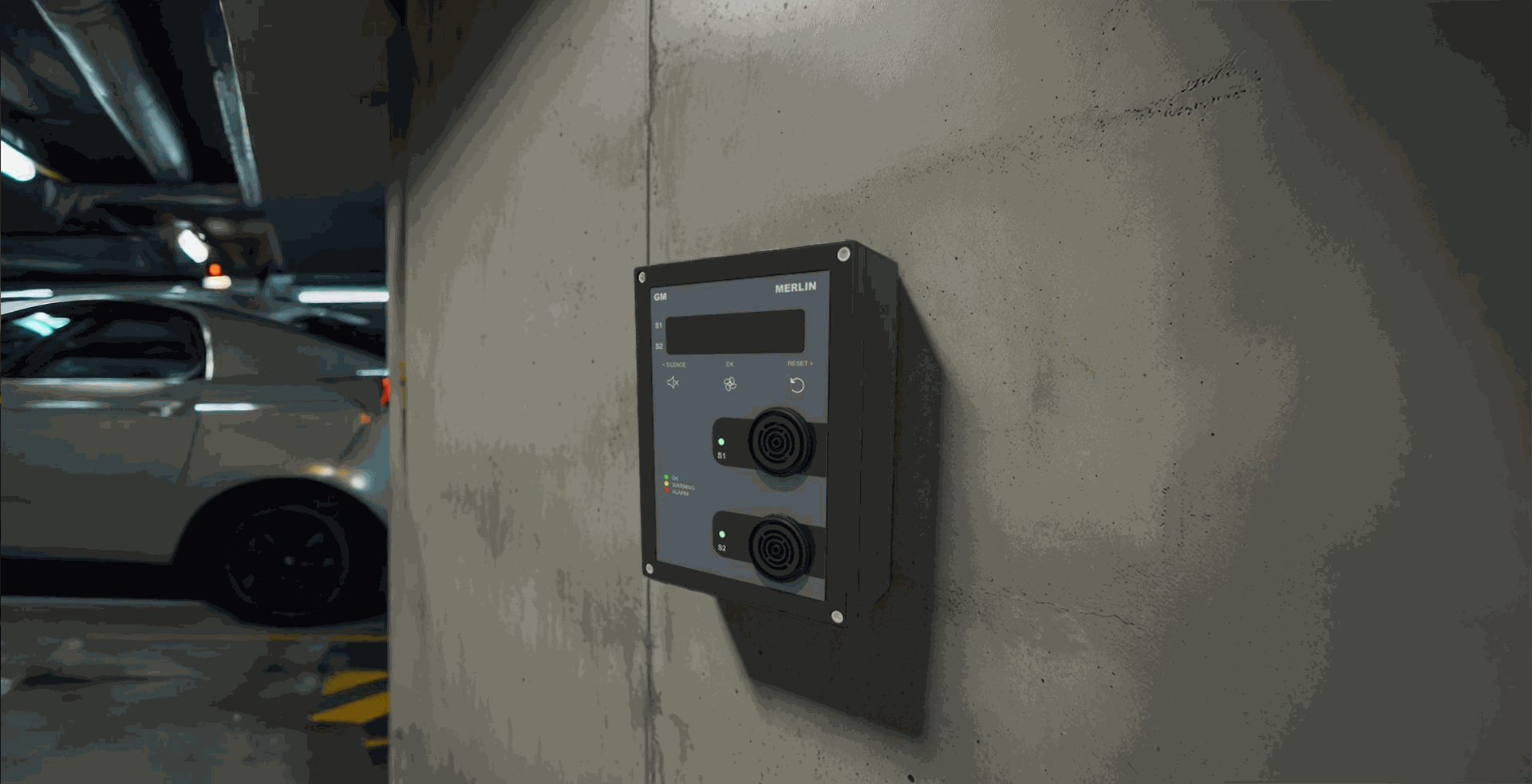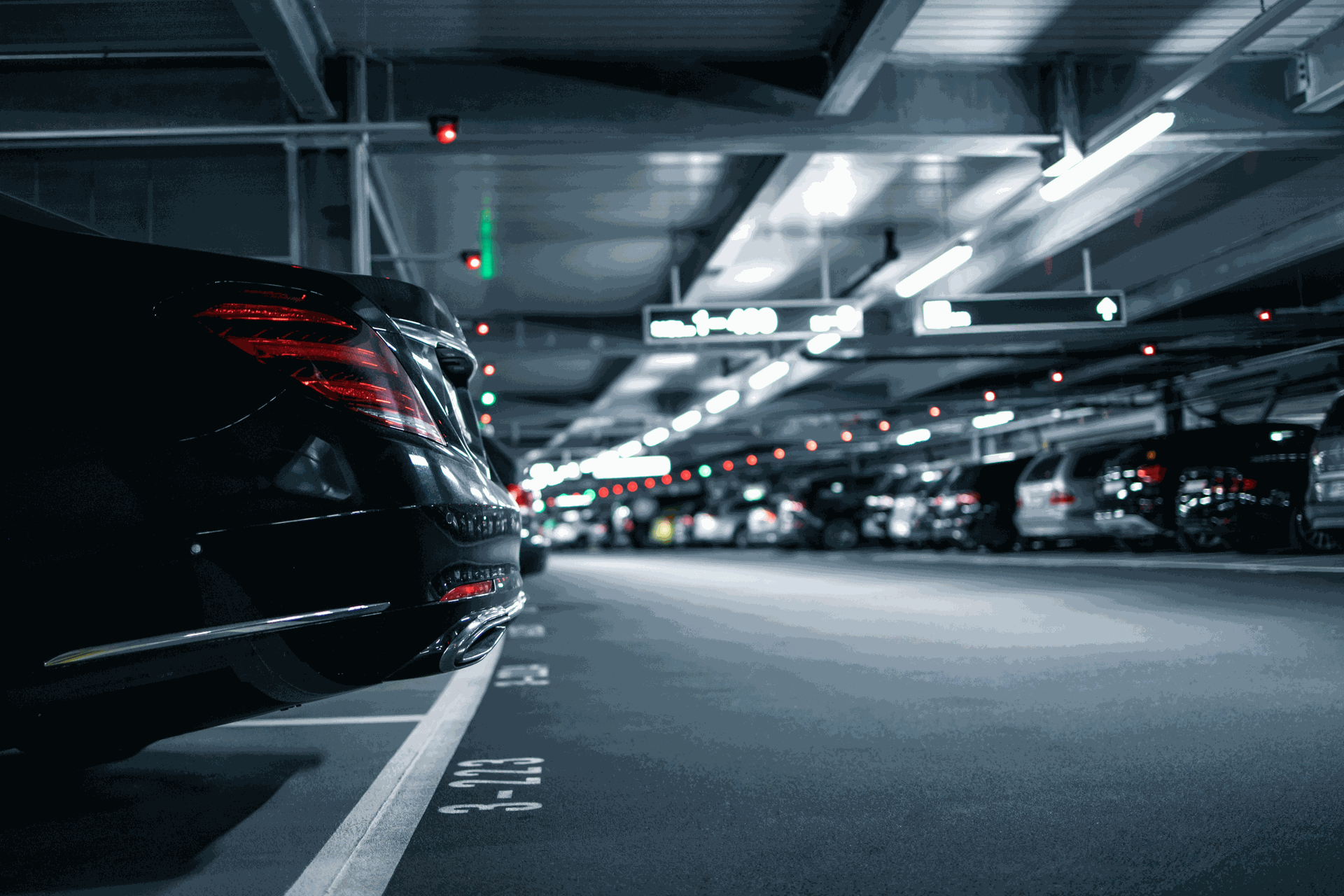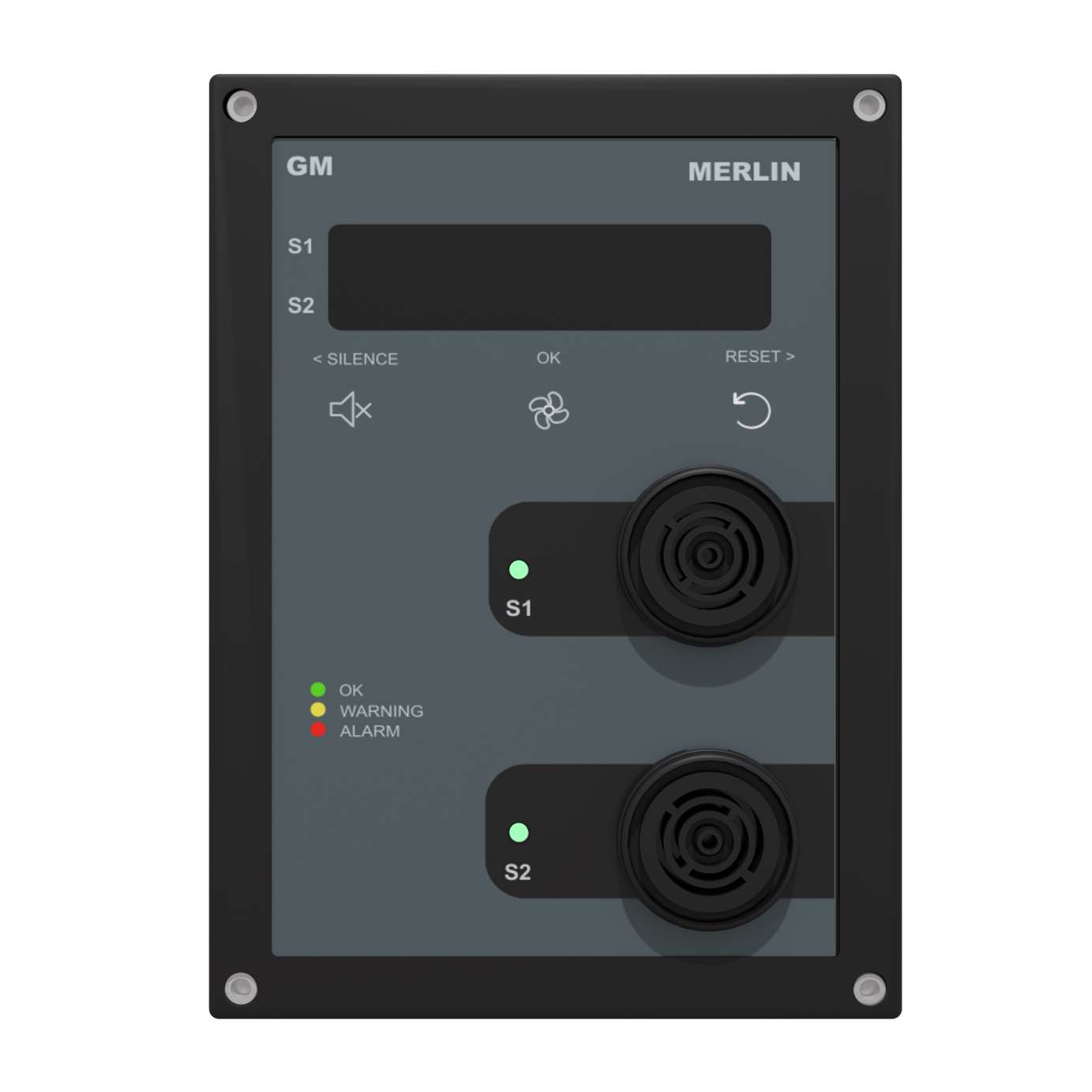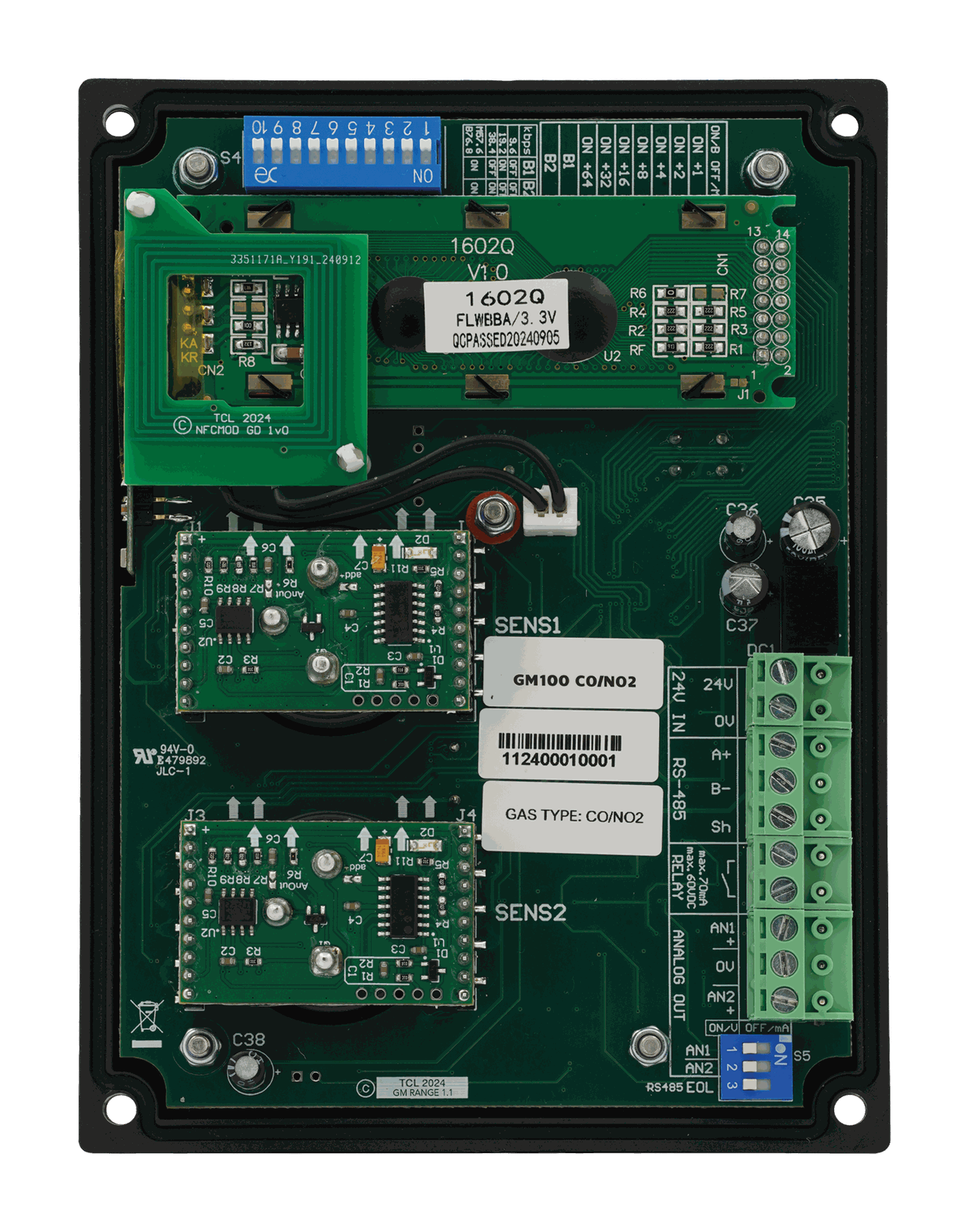In the Middle East, where enclosed and underground car parks are common due to extreme temperatures, ensuring proper air quality is both a safety and operational priority. These car parks often utilize air conditioning to maintain comfort, but without adequate monitoring and ventilation, harmful gases such as carbon monoxide (CO) can accumulate to dangerous levels.
Installing carbon monoxide detectors in these spaces is essential not only for protecting human health but also for reducing energy consumption through smarter ventilation strategies.
Why Are CO Detectors Necessary in Enclosed Car Parks?

1. Human Health Protection:
Carbon monoxide, a byproduct of vehicle exhaust, is a colorless, odorless gas that poses serious health risks. Prolonged exposure can lead to symptoms ranging from headaches and nausea to life-threatening conditions like carbon monoxide poisoning. Enclosed and underground car parks, with limited natural ventilation, can quickly become hazardous without proper monitoring.
2. Regulation Requirements in the Middle East:
United Arab Emirates (UAE)
The UAE's building codes emphasize health, safety, and energy efficiency:
- UAE Fire and Life Safety Code: Requires CO monitoring systems in enclosed car parks to ensure safe air quality levels. The code mandates that exhaust fans are automatically activated when CO concentrations exceed the safe threshold, typically 25 ppm (parts per million).
- Dubai Municipality Green Building Regulations: Promotes energy-efficient ventilation systems in car parks, integrating CO detectors to minimize energy consumption while maintaining safety.
Qatar
- Qatar Construction Specifications (QCS 2014): Specifies the installation of CO sensors and ventilation systems in enclosed car parks. CO detectors must trigger mechanical ventilation systems when CO levels exceed 25 ppm.
- Kahramaa Energy Efficiency Guidelines: Encourage the use of energy-saving technologies, including demand-controlled ventilation driven by CO monitoring, in car parks.
Saudi Arabia
- Saudi Building Code (SBC): Includes provisions for ventilation in enclosed spaces like car parks. CO detectors are required to monitor air quality and automatically activate ventilation systems when gas levels surpass permissible limits.
- Vision 2030 Initiatives: Saudi Arabia’s push towards smart and sustainable cities incorporates advanced technologies, including smart CO detection and energy-efficient ventilation systems, as part of its urban development plans.
3. Energy Efficiency Through Demand-Controlled Ventilation:
Traditional ventilation systems often run continuously, consuming significant energy. CO detectors allow for demand-controlled ventilation, activating air exchange systems only when CO levels rise above safe thresholds. This reduces unnecessary energy usage while maintaining a healthy environment.

Applications in Middle Eastern Car Parks
Carbon monoxide detectors play a vital role in a variety of settings, including:
- Commercial Buildings: Offices, shopping malls, and conference centers.
- Residential Developments: High-rise apartments and luxury villas.
- Airports and Transportation Hubs: Underground parking for travelers and staff.
- Hospitality Venues: Hotels and resorts offering safe and comfortable parking solutions.
- Entertainment and Sports Facilities: Enclosed parking at stadiums, arenas, and theaters.
- Healthcare Institutions: Hospitals and clinics ensuring a safe environment for vulnerable populations.


At S&S Middle East, we provide a comprehensive range of gas detection solutions for car parks, designed to meet the unique needs of the region. With roots in the UK and over 30 years of experience, our products have been trusted globally since 1995 to deliver reliability, safety, and energy efficiency.
Our solutions are tailored to fit various car park applications, from entry-level systems to advanced, networked solutions.
💡 Contact S&S Middle East today to learn more about our car park gas detection solutions.